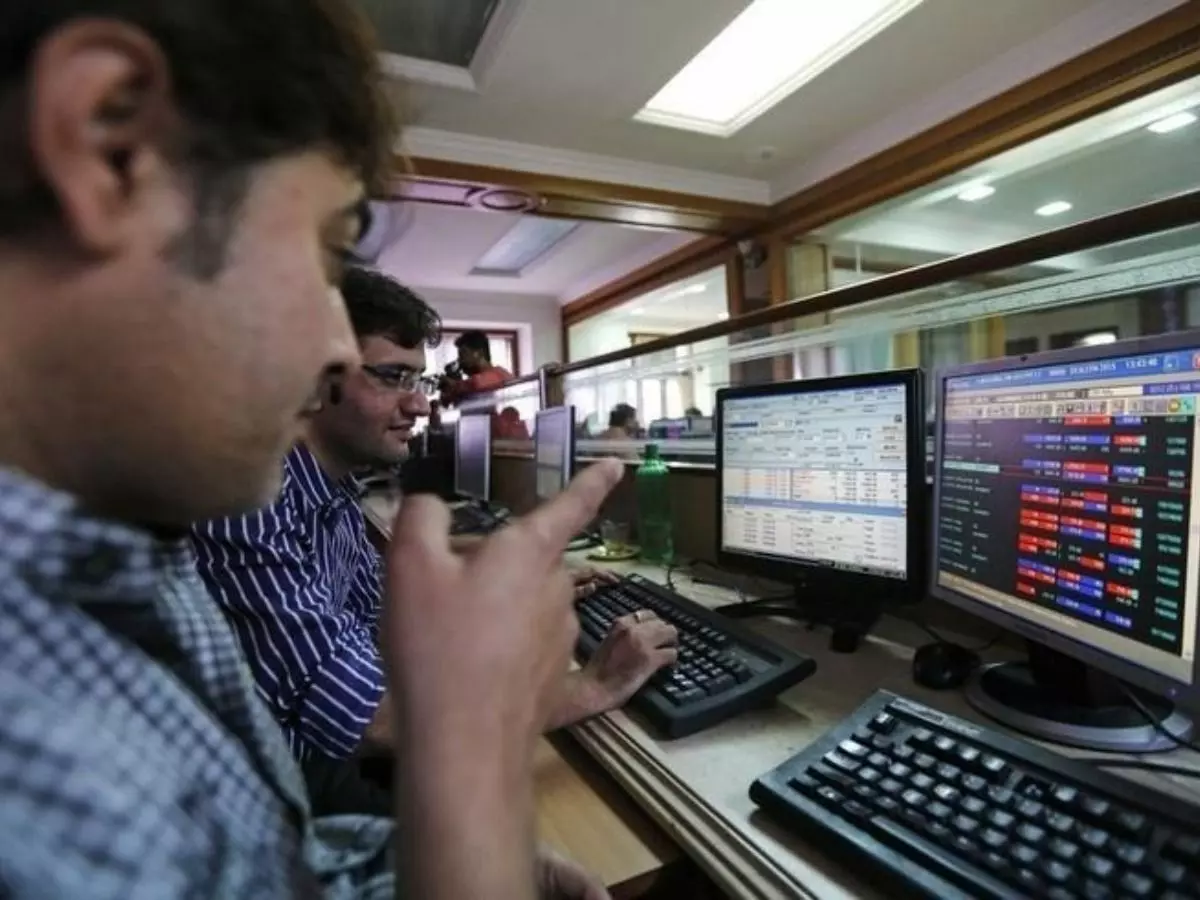India Faces 5 Lakh Cybersecurity Threats Each Day, And We Don't Have Enough People To Stop Them
As India gets more attuned to the online world, what with 5G also quickly incoming now, we have to take a moment to think about the security we have in place. That¡¯s because it¡¯s estimated we face about 5 lakh cybersecurity threats each day.

As India gets more attuned to the online world, what with 5G also quickly incoming now, we have to take a moment to think about the security we have in place.
That's because it's estimated we face about 5 lakh cybersecurity threats each day.

Images courtesy: Reuters
A joint report by research firm KPMG India, in partnership with the Indian Mobile Congress and Cellular Operators Association of India (COAI), we're constantly under attack. The 5 lakh cybersecurity threats we deal with each day amount to nearly three times the global average, and the highest in the APAC region.
As such, the report indicates that companies need to change their methods, and start being more open with customers about when and how their data is being collected. Because it doesn't just cost companies money and reputation when they're hacked. But if the hackers get away with user data, that's a monetary cost as well as a safety and privacy issue to consumers.
It was estimated in 2017 that a data breach costs an organisation a global average of $1.83 million. In 2018, that climbed to $3.9 million, or Rs 27.8 crore.
The problem is, things get worse. According to the report, most of those security threats are never tackled, because we just don't have the manpower for it. "Nearly 39 percent of security alerts remain unattended owing to the lack of relevant skill-sets," it writes. "Though there are approximately 600,000 digitally skilled employees in India, only 10-12 percent have cybersecurity skills, while even fewer have data protection and privacy skills."

And it's only going to get worse. These experts believe that India will continue to move forward with digitizations of various kinds under the government's Digital India movement. However, there's no concerted effort being made to train people to deal with protecting this sort of online infrastructure, so the gap in skilled labour will only increase. Part of that is why the report points out that many Indian companies and government organisations have yet to adopt advanced security practices and technologies.
"Here, it has become essential for organizations to offer relevant training to upskill and reskill employees," the report said. Additionally, more than half the security alerts organisations investigate turn out to be false, putting additional stress on their already strained resources.
"As India speeds up its mission to transform into a truly digital economic, cybersecurity threats and privacy concerns could impede its success," the report added. "Considering the rising threats of the digital age, organisations need to have a comprehensive security architecture in place, one which ensures the protection of critical data across varied networks and environments, and technologies that dynamically respond to threats as they emerge."

"This will require collaboration between entities that extract the data, and those responsible for ensuring that the data is used effectively and ethically."
